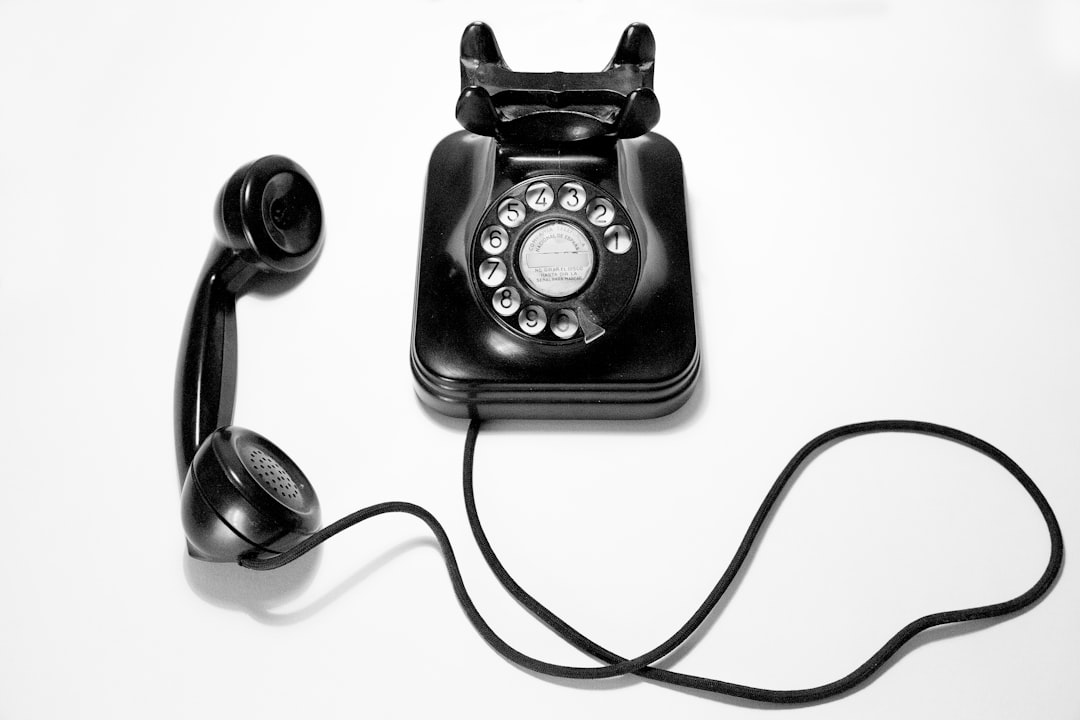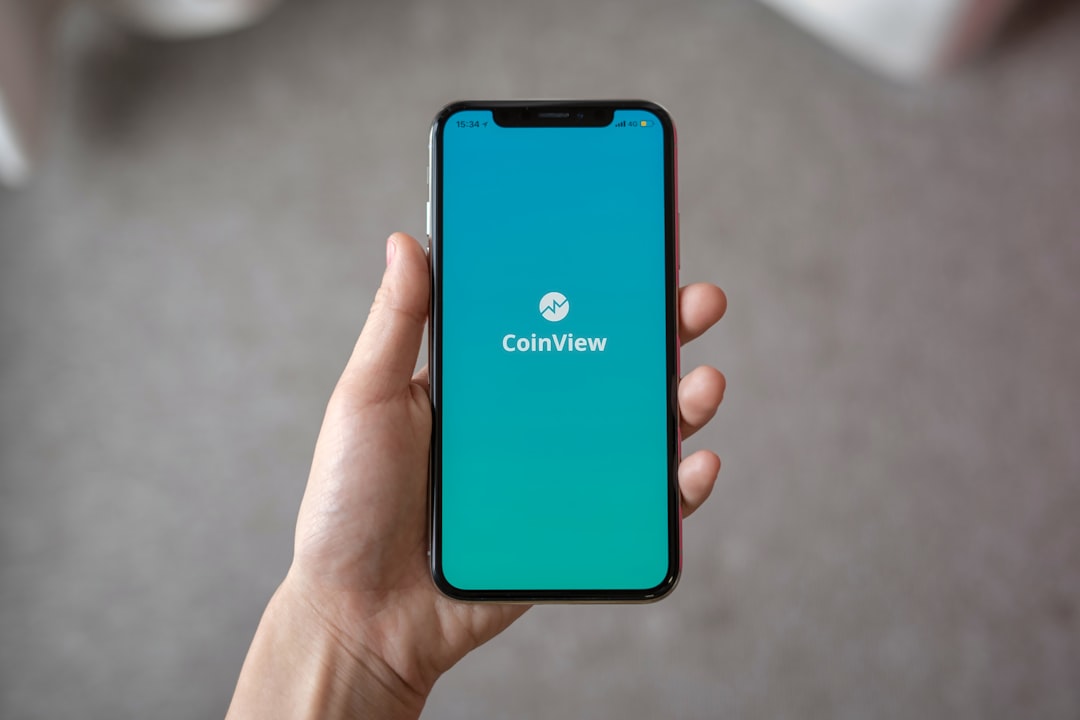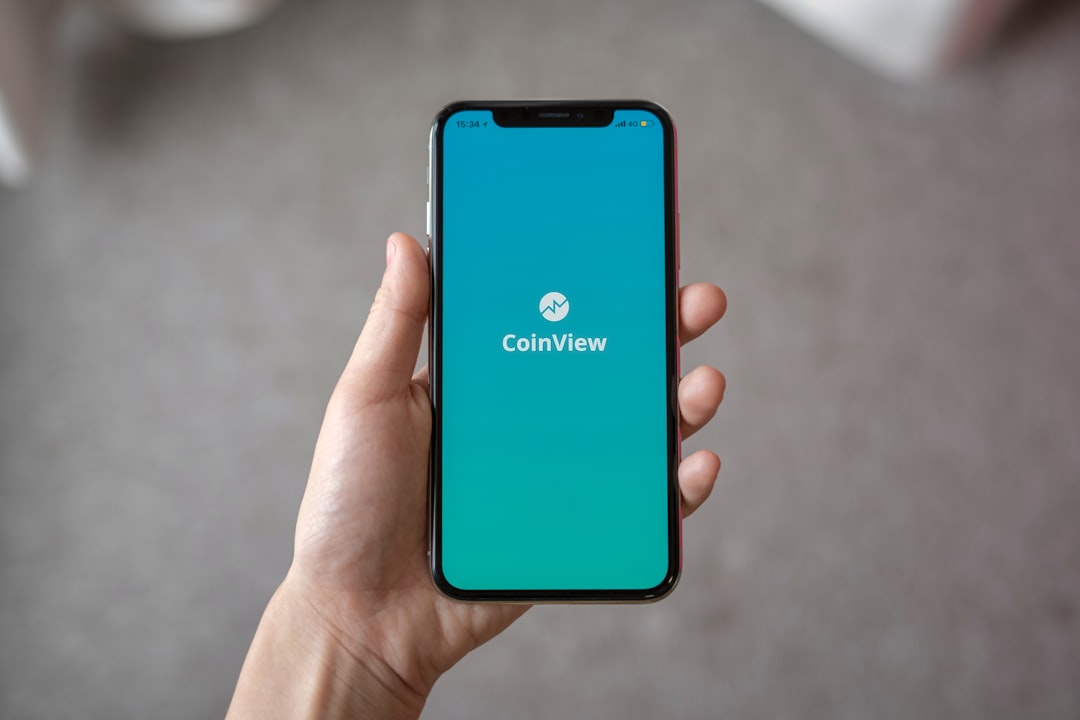Utah's telemarketing regulations, governed by federal and state laws like the Telemarketing Act of 1991 and TCPA, demand prior written consent, strict do-not-call lists, transparent disclosures, consumer opt-out rights, and ethical sales tactics. Businesses must maintain records to avoid penalties, including those from Do Not Call lawyers Utah, by understanding and following these guidelines for B2B, surveys, email, mail, and social media marketing. Small businesses must prioritize customer consent, privacy, personalization, and steer clear of aggressive tactics, especially when targeting professionals like lawyers in Utah, to ensure legal compliance.
In the dynamic landscape of small business operations, understanding telemarketing laws is paramount to avoid legal pitfalls. Utah’s regulations mandate specific compliance requirements, especially for calls and contacts made by or on behalf of businesses. This article guides Utah’s small businesses through telemarketing laws, focusing on who needs to comply, permitted call methods, best practices, and more. By adhering to these principles, entrepreneurs can enhance their marketing efforts while steering clear of legal issues, including the need to consult do not call lawyers in Utah.
Telemarketing Laws in Utah: An Overview

In Utah, telemarketing laws are governed by both state and federal regulations. Understanding these rules is crucial for small businesses to ensure compliance and avoid potential penalties. The Telemarketing Act of 1991, implemented by the Federal Trade Commission (FTC), sets national standards for telemarketing practices. One key requirement is obtaining prior written consent from consumers before making marketing calls, with exceptions for certain types of communications.
Utah has further refined these laws through its own legislation, ensuring that businesses operating within the state adhere to strict guidelines. These regulations cover various aspects, including do-not-call lists, disclosure requirements, and restrictions on sales tactics. Businesses must be mindful of consumer rights, such as the ability to opt out of calls, and maintain detailed records of telemarketing activities to demonstrate compliance if requested by authorities. Remember that, “do not call lawyers Utah” are not necessary for navigating these laws; instead, businesses should focus on understanding and adhering to the established guidelines.
Who Needs to Comply?

In Utah, certain laws govern telemarketing activities to protect consumers from aggressive or unwanted sales calls. These regulations primarily apply to businesses engaging in outbound telephone sales and marketing campaigns. While many small businesses operate with a local customer base, they must still adhere to these rules if they make any phone calls to promote their products or services.
Businesses of all sizes, including small enterprises, are required to comply with the Do Not Call laws, ensuring that consumers have control over their privacy and communication preferences. This means refraining from making telemarketing calls to numbers on the National Do Not Call Registry and respecting consumer opt-outs. Utah’s specific regulations further emphasize the importance of informed consent and proper disclosure of call purposes, thus, all small businesses conducting telemarketing activities should take note and adapt their strategies accordingly, avoiding any legal complications by steering clear of the need for lawyers Utah.
Permitted Calls and Contact Methods

In Utah, businesses must adhere to strict guidelines regarding telemarketing practices. While many restrictions are in place, there are also clear allowances for effective outreach. Permitted calls include those made for specific business-to-business (B2B) purposes, such as sales, collections, or account management activities. Additionally, non-commercial surveys and charitable solicitations fall under acceptable categories. Businesses should be mindful of the “Do Not Call” registry and respect individual opt-out requests to avoid legal repercussions.
As for contact methods, phone calls remain a common and effective strategy, but email, mail, and even social media messaging are also permitted. The key lies in ensuring that all communication is legitimate, clear about its purpose, and respectful of the recipient’s time. Remember, Utah laws are designed to protect consumers from nuisance calls, so businesses must prioritize ethical marketing practices, especially when avoiding legal issues like those related to Do not call lawyers Utah.
Do's and Don'ts for Small Businesses

Do’s for Small Businesses:
When it comes to telemarketing, Utah small businesses should focus on ethical and compliant practices. Always obtain prior consent from potential customers through verified opt-in methods. Respect privacy rights by providing clear and concise information about your marketing efforts and how customer data will be used. Personalize interactions, ensuring every call is a valuable opportunity to build relationships rather than just a sales pitch.
Don’ts for Small Businesses:
Avoid making unsolicited calls to individuals or businesses who have not given explicit permission. Refrain from using aggressive sales tactics or misleading information. Never leave voice messages that could be considered offensive or intrusive. Remember, while telemarketing can be an effective tool, adhering to Utah’s legal framework and prioritizing customer satisfaction is key to building a successful and reputable business. Also, remember to avoid calling lawyers in Utah for marketing purposes unless they are your target audience and you have a legitimate business relationship with them.
Avoiding Legal Troubles: Best Practices

To avoid legal troubles, small businesses in Utah should adopt best practices when it comes to telemarketing. One crucial step is to ensure compliance with the Telephone Consumer Protection Act (TCPA) and the CAN-SPAM Act, which regulate calls and texts to consumers. This includes obtaining explicit consent before making marketing calls or sending text messages, and providing a clear opt-out mechanism in every communication.
Additionally, businesses should maintain detailed records of caller activities, including dates, times, and content of interactions. Avoiding automated or prerecorded messages without proper disclosure is essential, as is respecting consumer privacy by not using personal information for marketing purposes unless authorized. Remember, “do not call lawyers Utah” isn’t just a suggestion—it’s a legal requirement to ensure your telemarketing practices are in line with Utah’s consumer protection laws.






